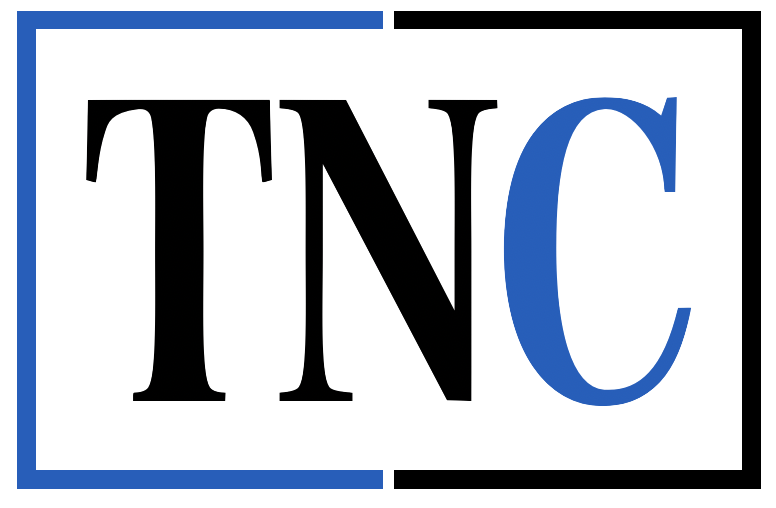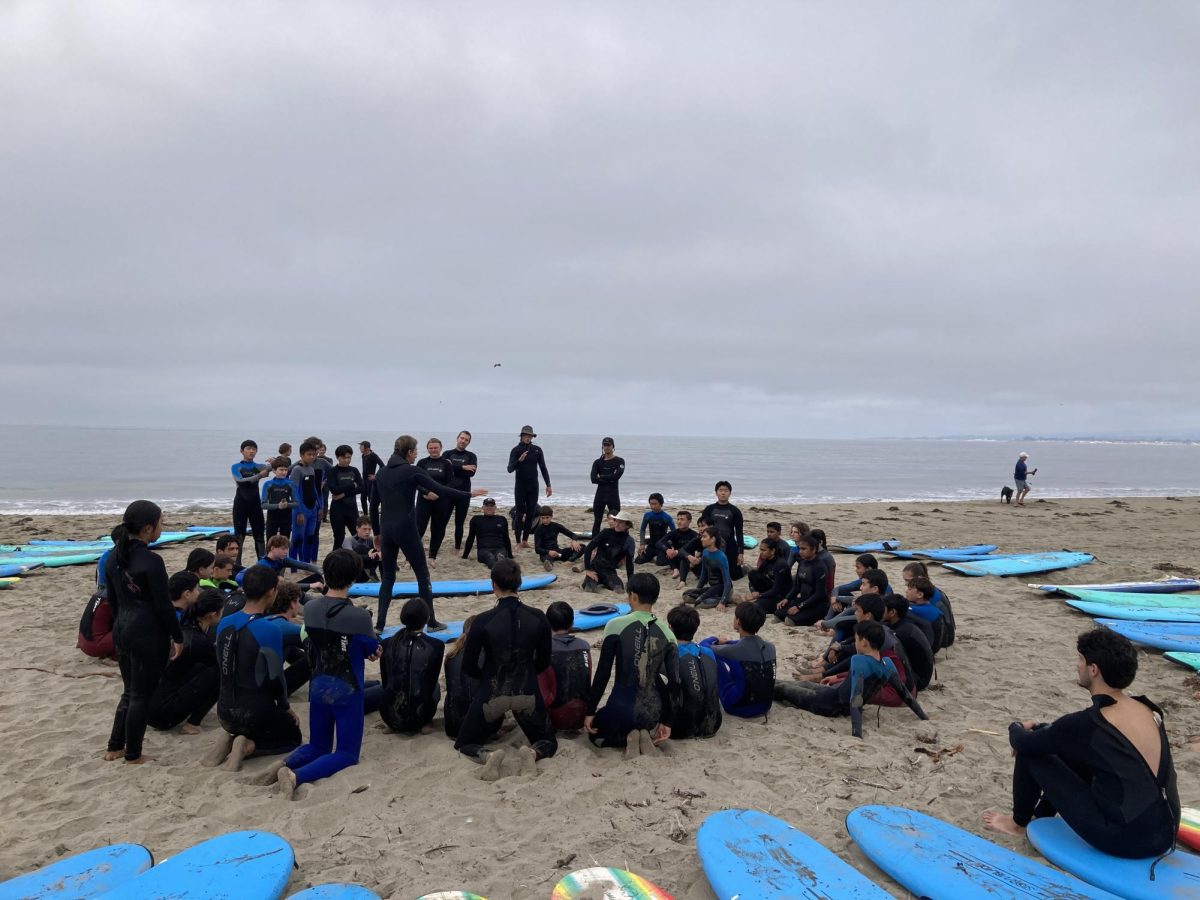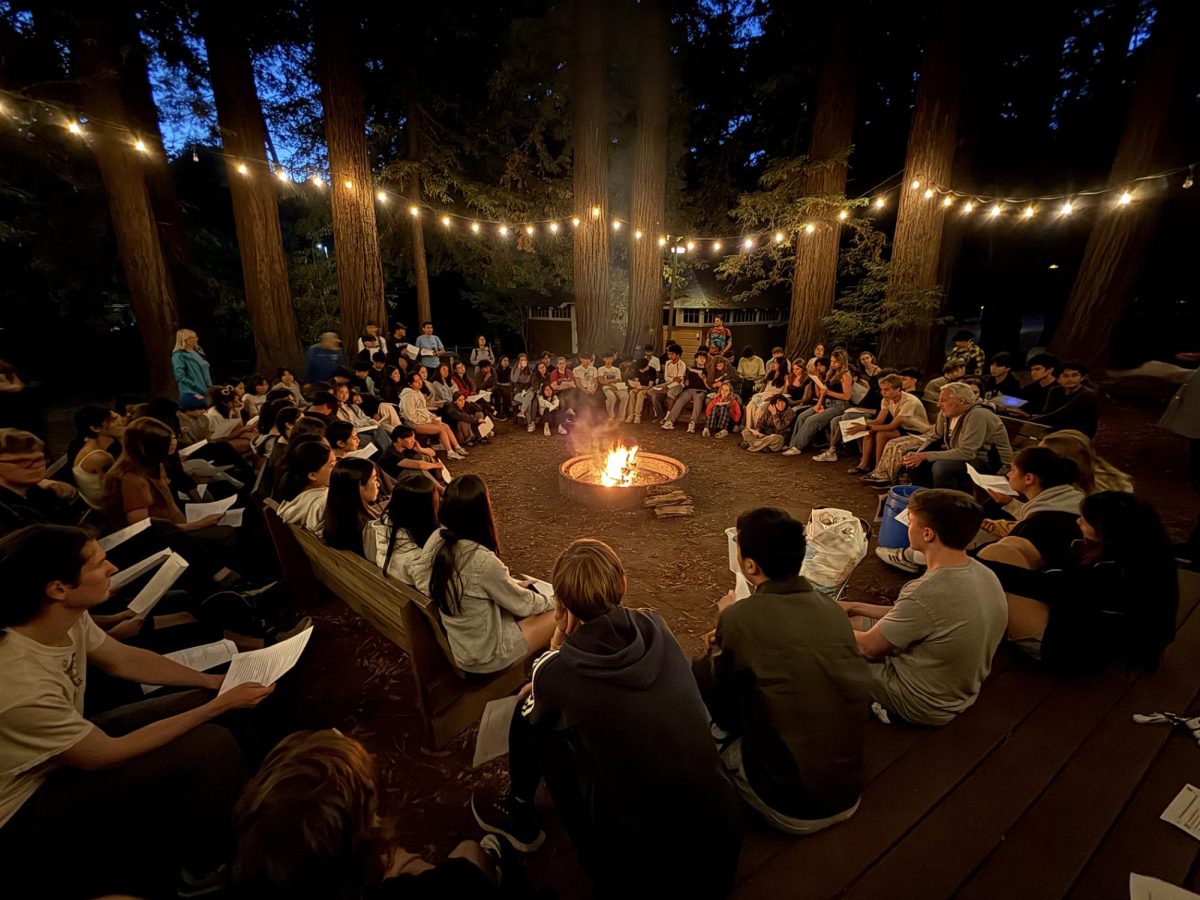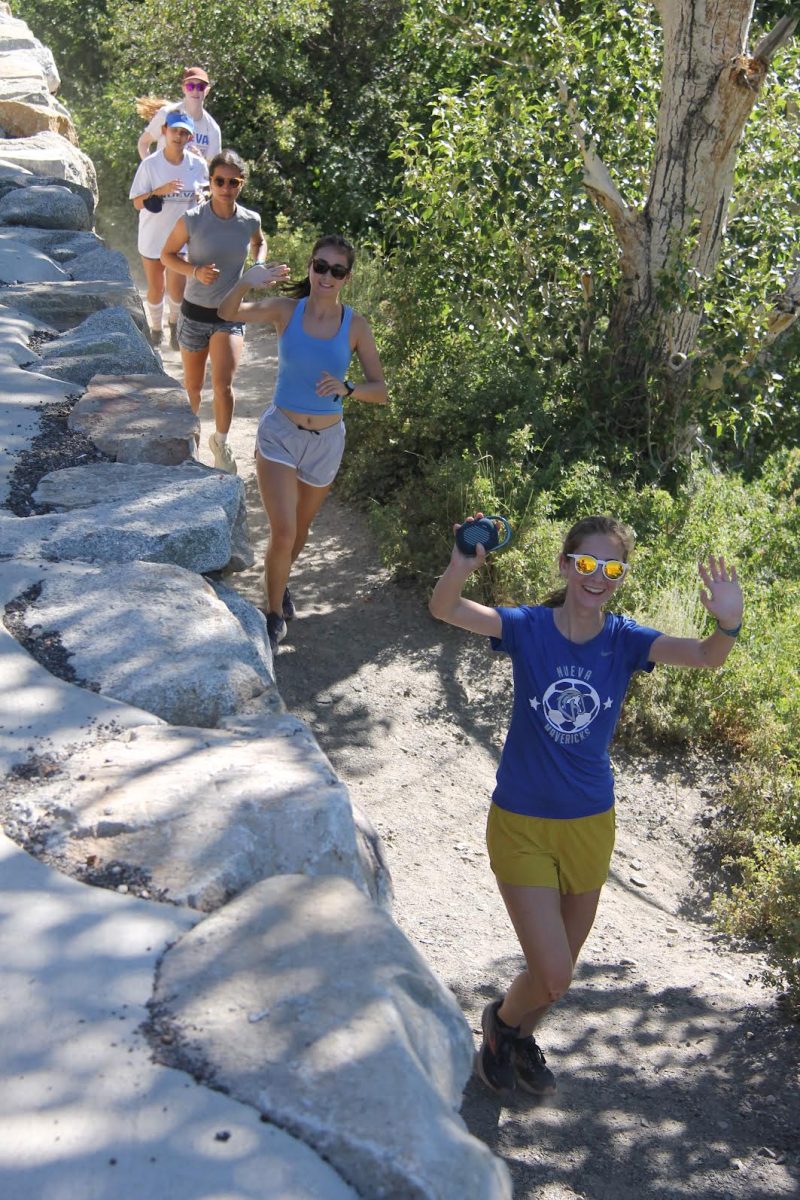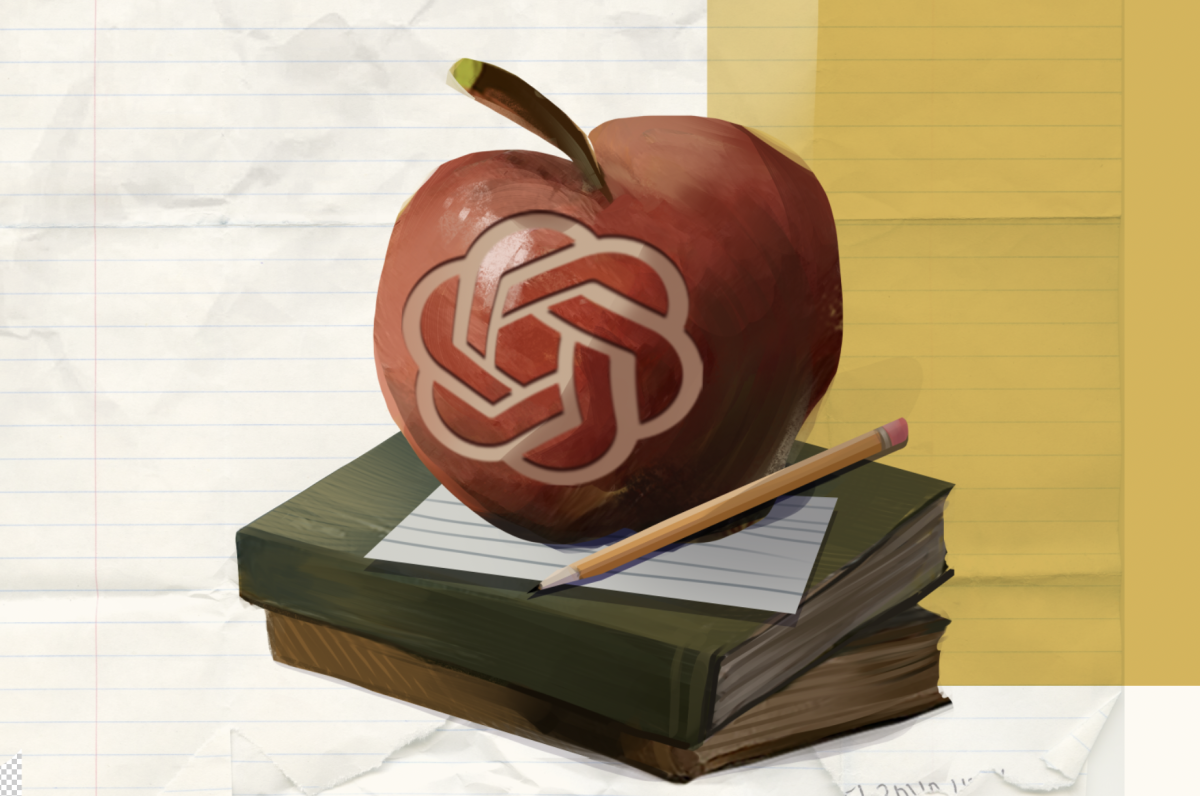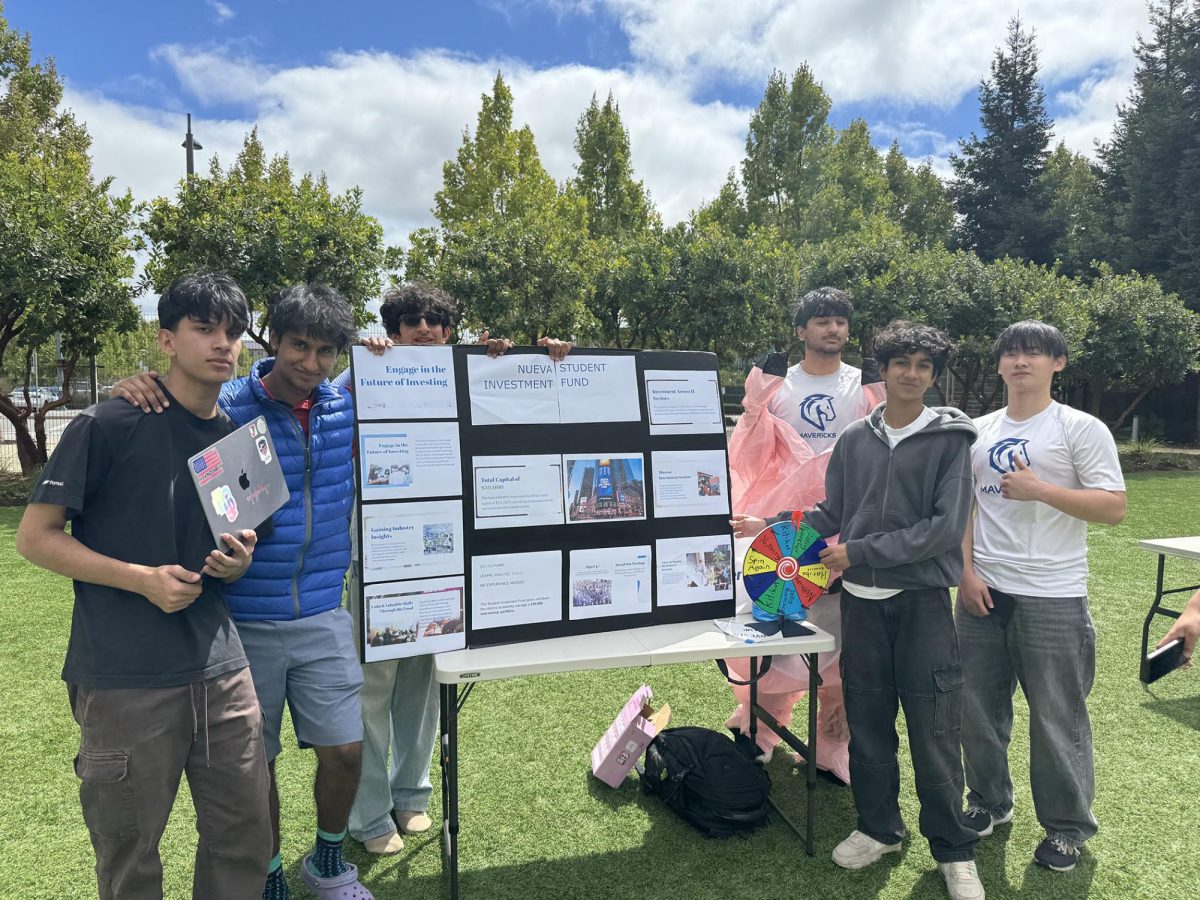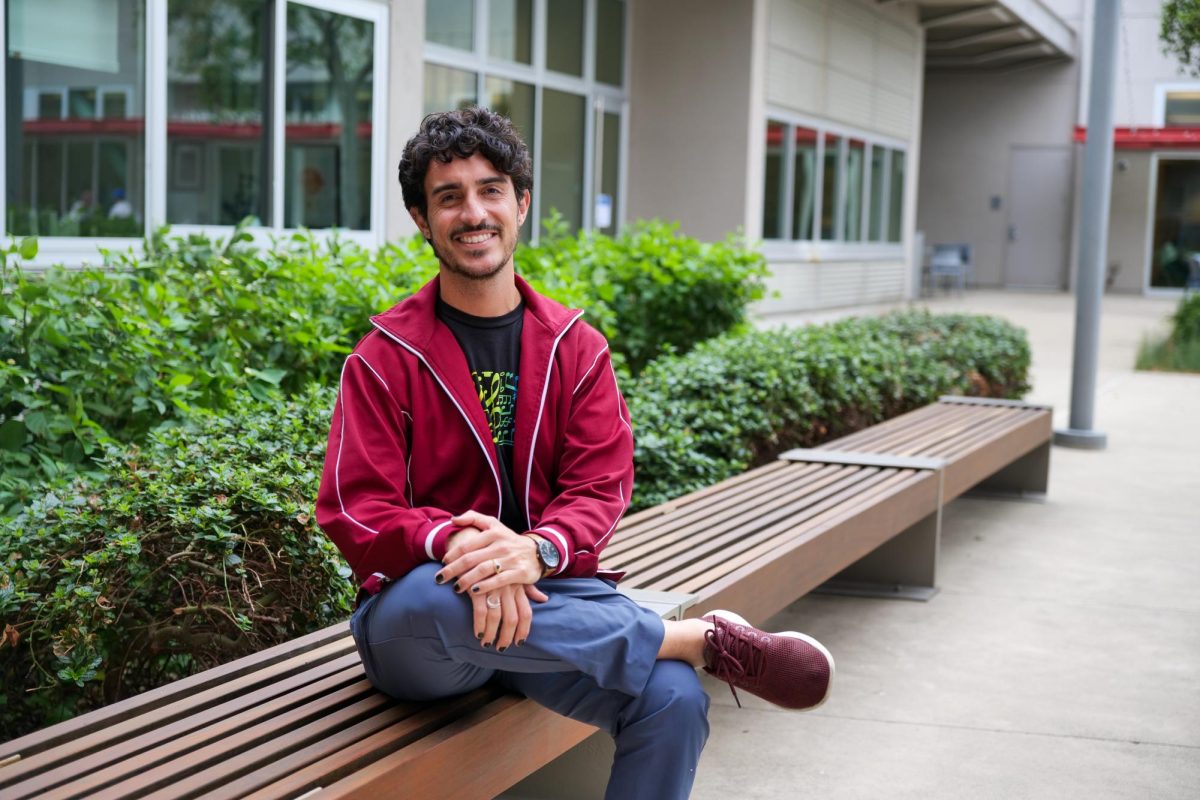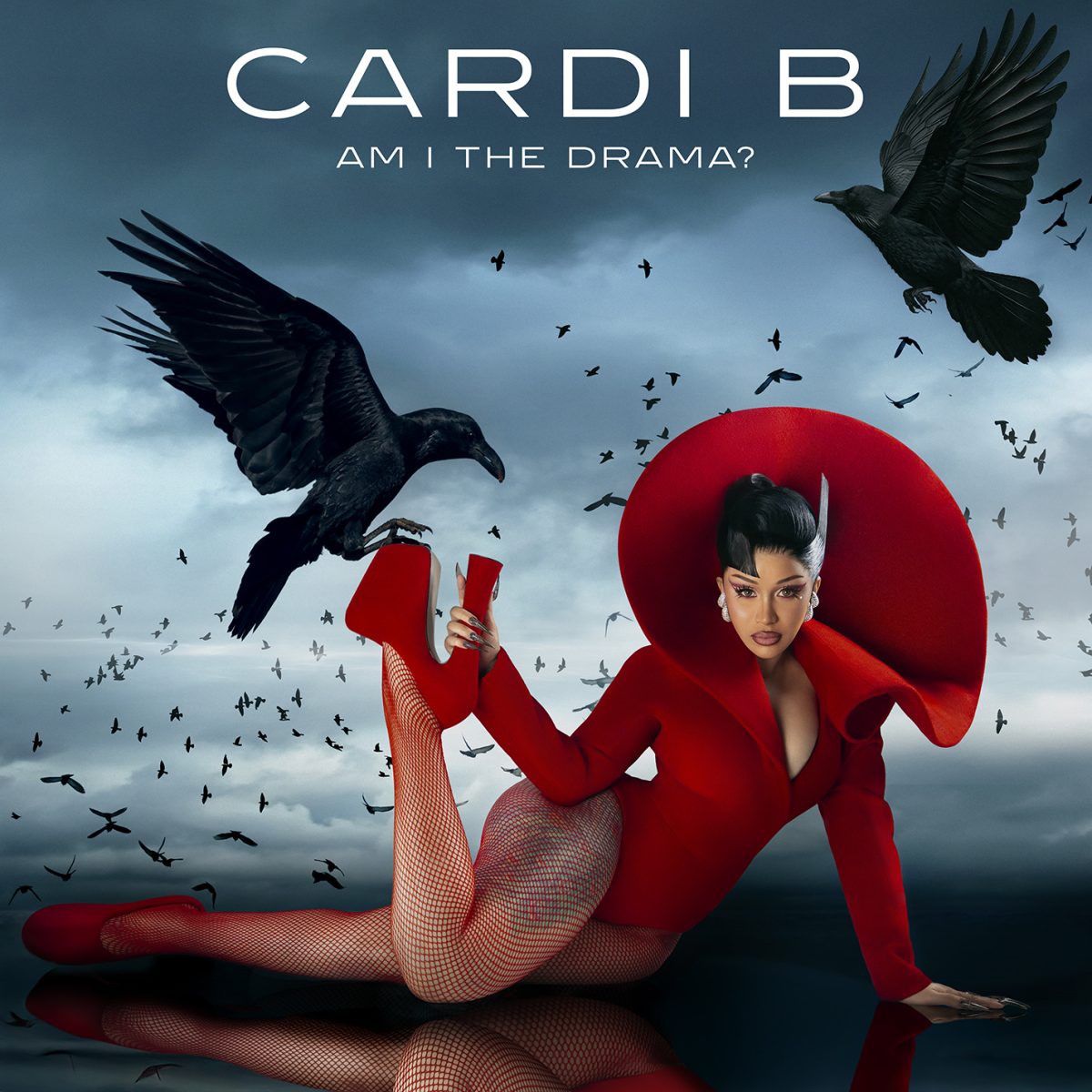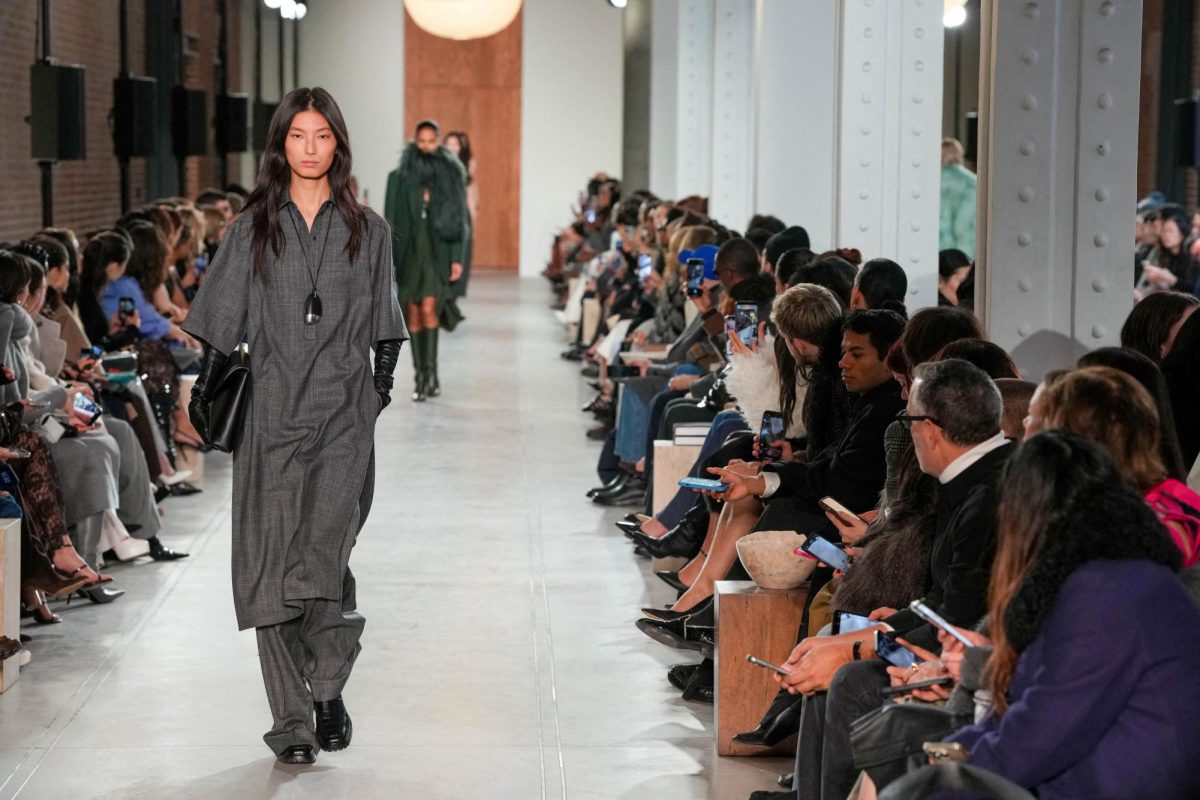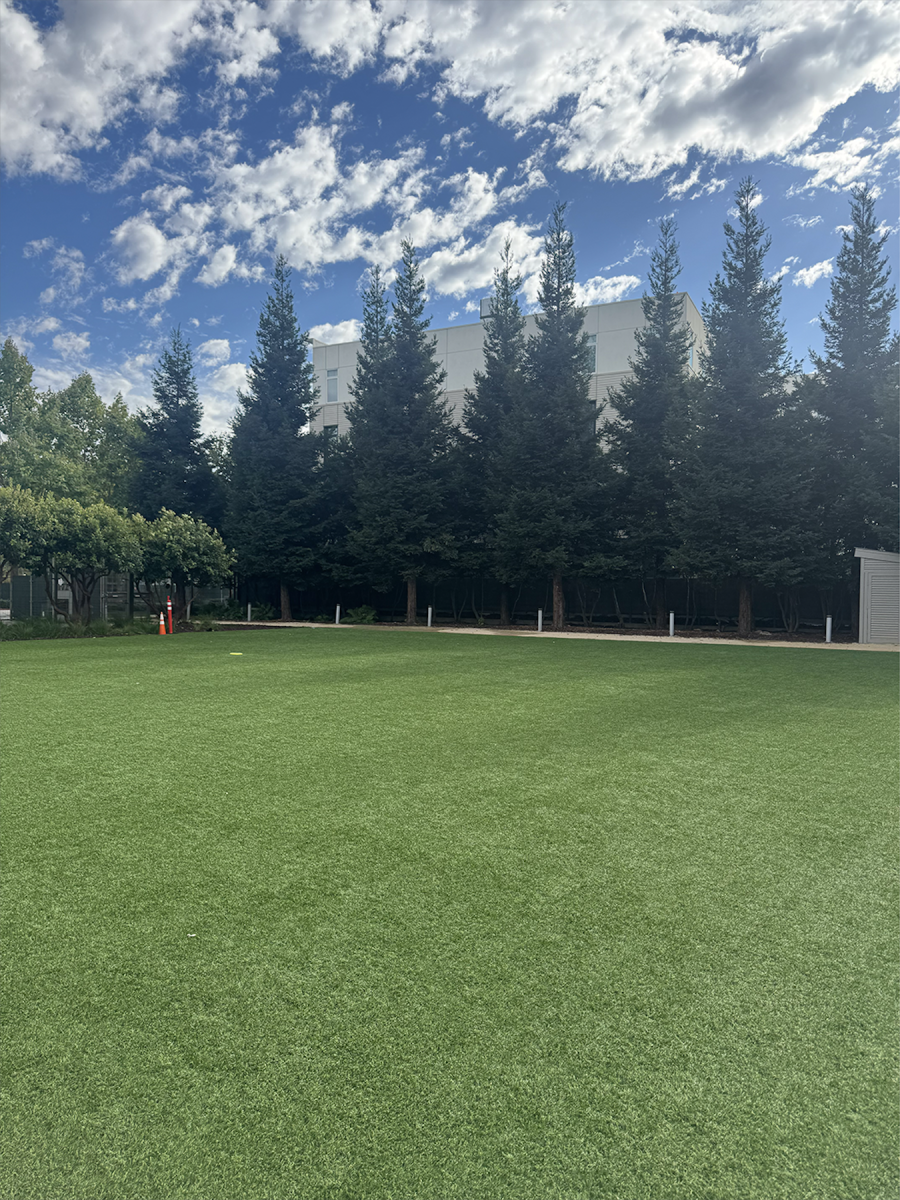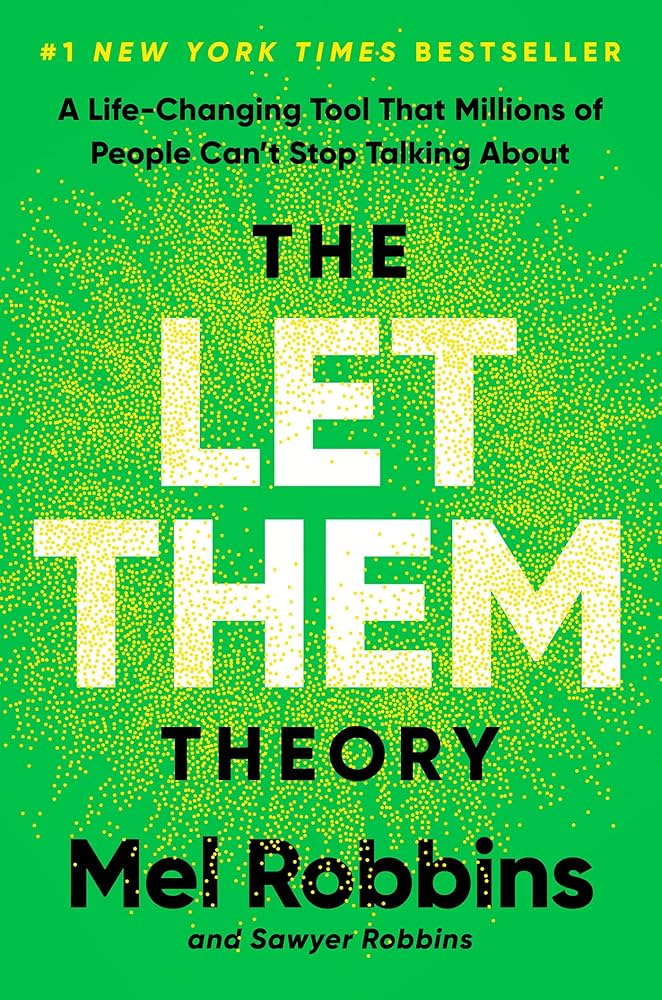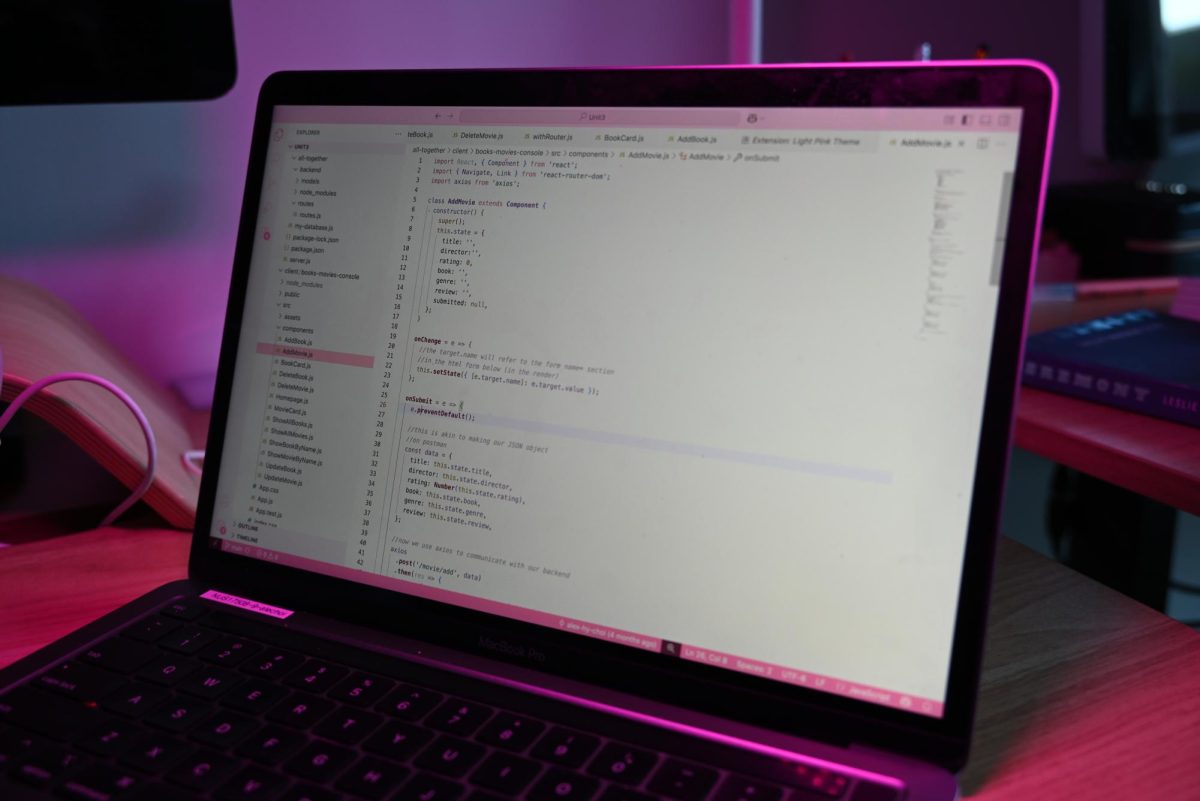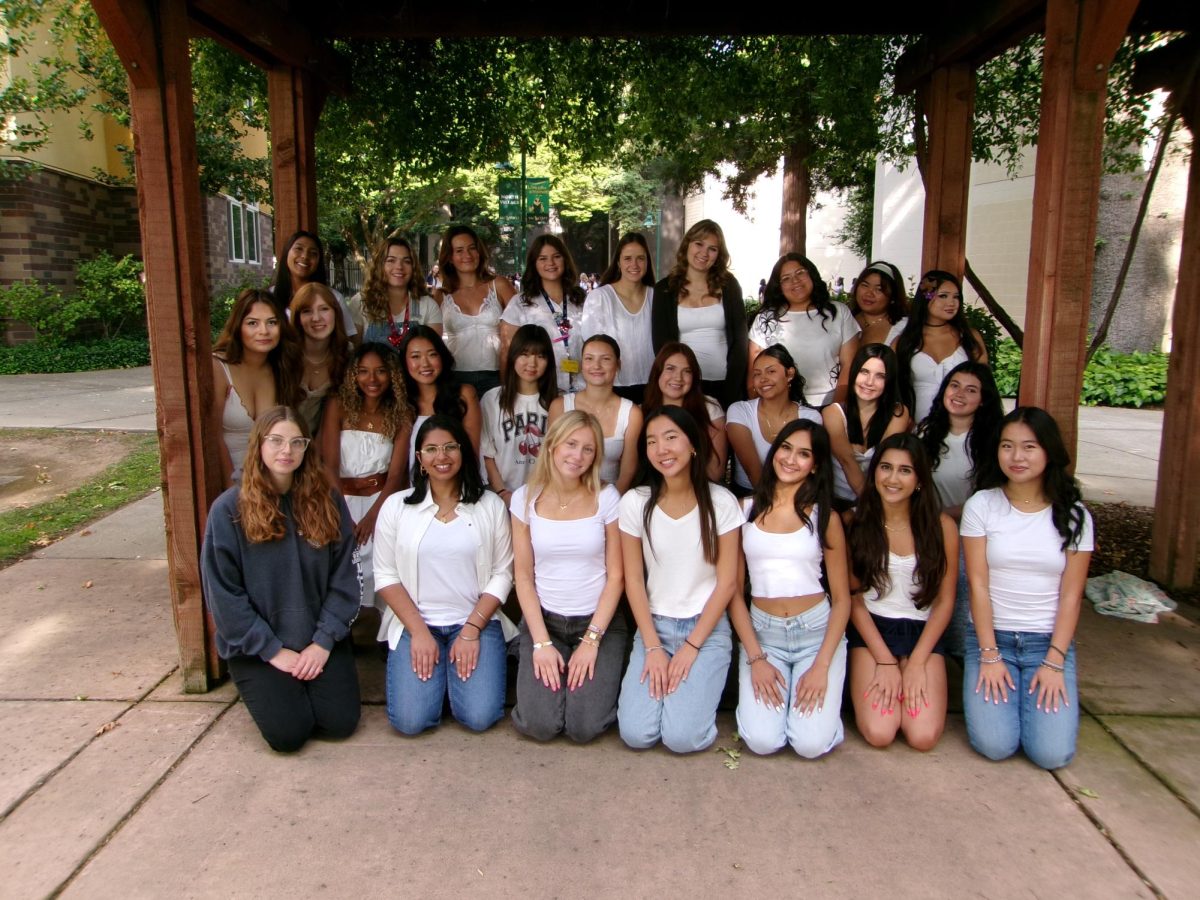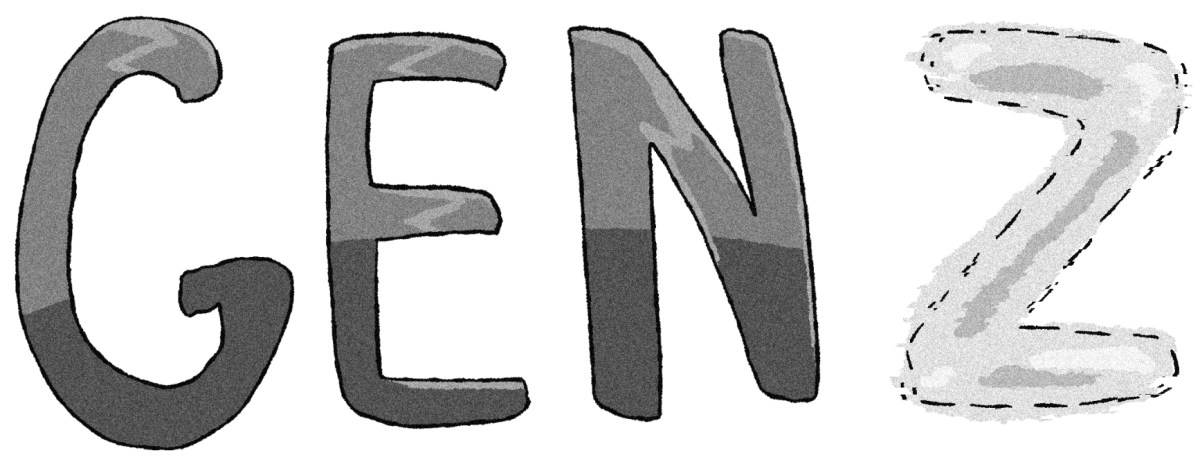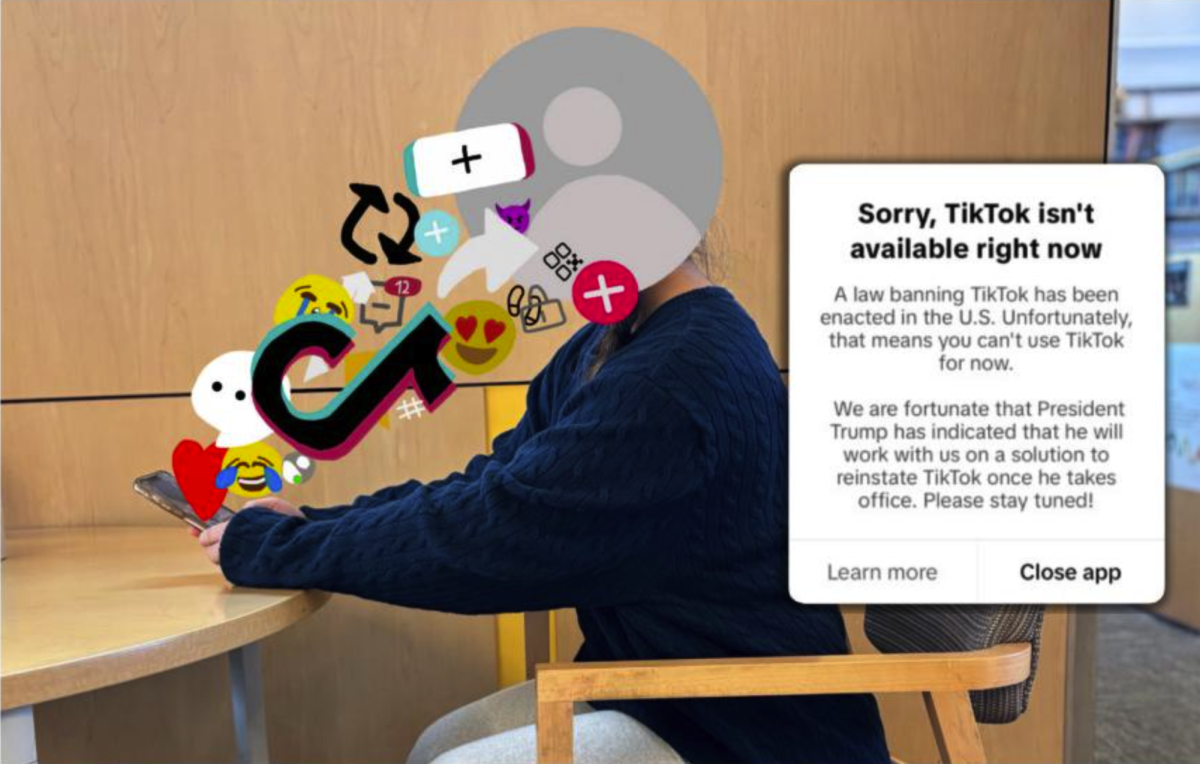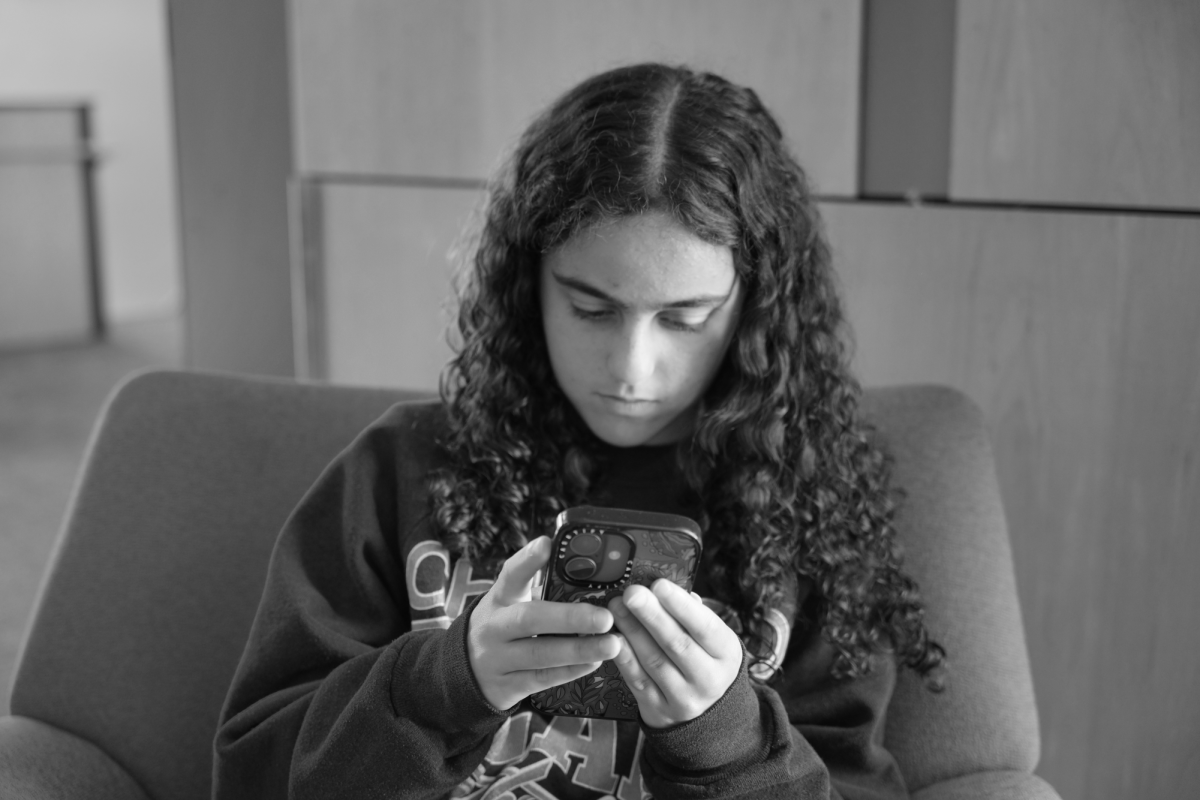What would you do with an extra two hours a day? For many Nueva students, that’s the time that TikTok quietly takes—time that could be spent on homework, hobbies, friends, or just sleeping. With the app’s potential ban looming in April, some students are planning ways to reclaim their time.
For many students, TikTok isn’t just a way to escape boredom; it’s deeply ingrained into their daily routine. Ethan E. ’27 will “usually scroll [on TikTok] for 45 minutes straight before sleeping”—but this is far from an isolated experience.
In the fall, Daniel K. ’27 conducted a survey on the screen time habits of students, collecting a sample of 94 respondents, 83 of whom were on some form of social media. Among the respondents who used social media, 72% said they felt addicted to it at some point, with some reporting five or more hours a day on platforms like TikTok.
TikTok, which is owned by the Chinese company ByteDance, has come under fire over concerns about data privacy, prompting the threat of a nationwide ban unless sold to a U.S.-based buyer before April 4. ByteDance has said it has no plans to sell TikTok, leaving its future uncertain.
This wouldn’t be its first ban, though; following approval from former President Joe Biden in mid-January, TikTok went offline in the United States and was removed from the app store. This ban was short-lived, as it lasted just 14 hours before being restored, although it remains unavailable on the app store.
For some students, the impending ban has been a wake-up call.
“When I first heard about the TikTok ban, I was glad,” said Zach T. ’28. “Something wasting my time would be gone, which could free up more time for other things.”
Beyond the time it consumes, TikTok’s impact on teen health and wellness is a growing issue. A Nature Communications study found that frequent TikTok usage lowers dopamine production in the brain’s reward system, making it harder to focus on longer tasks.
This isn’t much of a surprise though, as the app is designed to train the brain to crave quick hits of stimulation, with short, highly engaging videos that provide instant gratification.
For many students, the constant slew of information and dopamine overwhelms their brains, turning the app into a tool for escaping difficult emotions. Mars R. ’27 has since limited their TikTok usage, but used to rely on the app to drown out feelings.
“There would be times when I would be really upset and I would just go in my room and be on TikTok for 45 minutes. It was something that was able to make me kind of numb in the moment,” Mars said. “I could just watch videos to distract myself.”
This cycle of using TikTok as an escape is common, but comes at a cost. While the app can provide a distraction from these emotions, it leaves users more drained and disconnected and makes them increasingly reliant on the app.
Many students are turning to apps like Opal, ScreenZen, and Freedom to manage their screen time and curb their TikTok usage. To reclaim the time lost to their long scrolling sessions, Mars downloaded ScreenZen, which enforces breaks after using TikTok for more than 10 minutes. This feature has made Mars less inclined to even open the app in the first place, greatly reducing their overall time on social media.
Reid D. ’26 took an even more drastic approach by uninstalling TikTok altogether. “I’ve been painting a lot lately and that’s been pretty time-consuming, so the time that I would have spent doom-scrolling I’m doing something I enjoy that has a real outcome.”
